cheat wave by anne susskind
Australia's education industry is worth more than $9.8 billion, but some academics believe almost half of all university students are cheating and they are powerless to stop it. Anne Susskind reports.
"Plagiarism has knocked the stuffing out of the essay assignment," Simon Marginson says. "It has contaminated the essay badly, making it a waste of time as an educational project. Things have moved beyond the current regimes of assessment. The system has broken down."
With the cheating running out of control, many academics are ducking for cover, daring to speak only anonymously. The culture of silence is so strong that they refused to have their universities identified, fearing victimisation or bringing shame on their institutions, or damaging Australia's $9.8bn education export industry.
But Marginson, a professor at the Centre for the Study of Higher Education at the University of Melbourne, believes that only genuine academic excellence will protect the system. Cynicism about assessment is very corrosive, and being ahead in cleaning it up may be good for the market internationally, he says.
In Australia, 14% of students are plagiarists, according to a 2002 study in six universities commissioned by the Australian Vice-Chancellors Committee. Some academics say the figure is much higher because overworked teachers are not detecting the cheating, or are not being encouraged to report it. Estimates are as high as 50% in the many courses which rely only on essay-based assessments. Marginson believes it to be "a significant minority".
The driving forces behind plagiarism are the internet, with its eight to 10 billion pages of information freely available, and the globalisation of the higher education system, which in Australia has brought an influx of about 240,000 foreign university students, or 25% of the student body, many of whom struggle with English.
The cheating is also seen as a reflection of the "short-cut" society and Generation Y's tendency to question the value and legitimacy of copyright and intellectual property.
While plagiarism is certainly not confined to international students, many, particularly from China, Thailand, Japan, South Korea and Vietnam, whose languages have a very different structure, find essay writing and studying in English difficult. They often have to work much harder than locals and many also have jobs and visas dependent on their results.
So, while risky, the use of the internet and other forms of plagiarism is "rational behaviour, of a kind, to make life manageable", says Marginson, adding that while an original piece might take three or four nights, students can plagiarise and even rewrite and scramble texts to avoid detection technologies in probably one night.
Local students are becoming agitated, too. English speakers complain that their courses are being dumbed down - particularly at post-graduate level, where classes are often largely composed of students with poor English.
But help may be at hand with Turnitin, a plagiarism-detection system licensed to 29 universities, over 80 secondary schools and nine TAFEs or other post-secondary institutions in Australia. Robyn Lovelock, managing director of Aldiss technologies, which licences the software in the Pacific region, says that at one Victorian university, when a lecturer said essays would be run through the technology, some students stood and clapped.
Academics say the divisions are clear, with English speakers clubbing together for group assessments and Asian students often left floundering. There has even been talk of streaming local and foreign students, but this is seen as discriminatory, as well as making the courses less attractive to full-fee foreign students.
Several universities are talking of raising International English Language Testing System scores - the entry tests for English proficiency. Others have employed staff to help students with rudimentary English and academic conventions. In a system spinning out of control, faculties are improvising, with schemes such as making students sign essay cover sheets declaring that they are not plagiarising.
Steve O'Connor, CEO of CAVAL Collaborative Solutions, which conducted the 2002 research for the vice-chancellors, says that while some institutions - such as the University of Newcastle, the University of Tasmania and Melbourne's RMIT - have good plagiarism-detection programs, not enough have serious campus-wide systems.
The academics The Bulletin spoke to report that universities often do not encourage them to report plagiarism, preferring that it be dealt with at a low level, or not at all, because of the fear of scandal. Federal government funding cuts mean there are more students and less money, and universities are unable to provide the rigour and one-on-one attention previously available. They felt that teachers were largely left to draw their own lines in the sand about whether they will pursue plagiarists.
One lecturer talked of overworked academics in a "factory-type environment", pointing out that the growing number of casuals in the academic workforce were not paid enough to make the extra effort of detecting plagiarism, while other staff were simply too busy.
Andrew Humphreys, a writer and former editor of Rolling Stone magazine who has recently given up teaching after several years at Macquarie, UTS and Sydney universities, says there was plagiarism at all three, and detecting it was a long, painful process. "There are the procedural hoops you need to jump through: the department to the head of department, and the oral warning - none of which you are paid to do at all as a casual academic - not to mention the initial sifting through the piece to prove plagiarism. And for every one you pick up, how many do you miss?
"The [detection] software is good up to a point, and once you read enough student papers, something will trigger in your mind, if you're not too tired and not working that day - a tone, or something that just feels like it may have been written by an American ... If students plagiarise and are getting away with it, it's not fair to students who aren't."
Plagiarism is one result of the user-pays university system, Humphreys says. Once students, particularly from overseas, are paying so much for a degree, they think they are automatically entitled to it. "Higher education is now one of Australia's biggest money-spinners, and when that much money is involved, people willingly turn a blind eye. If a high percentage of students were failing, they would go somewhere else."
Teachers also blame themselves. One casual academic says she is so pressured that she simply can't live up to her own standards: "If we evacuate our teaching, plagiarism inserts itself. If a student feels the teacher cares, they are much less inclined to plagiarise. If you think you are just a number, and a nuisance, why wouldn't you? Why wouldn't you abuse a system that doesn't care for you? The entire process is exhausting and depressing."
Some suggest academics are failing to grasp the ways their students are thinking as a result of the new information technologies. Dr Judy Sheard, a senior lecturer in Monash University's Faculty of Information Technology, says: "we haven't shifted to their way of operating and learning. They are focusing on certain skills - they're very good at multiple processing, they're not afraid of technology and they know where to find things - and we're still stuck pre-internet, and are not valuing those ..."
Another researcher says synaptic connections are changing as students' minds adapt to technologies which provide rapid ways to access information.
Dr Jeanne Dawson, associate director of Curtin University's Student Learning Support Centre, says detection technology represents a "focus on the negative" which punishes students already disadvantaged by their language difficulties. Instead, she says we need to re-establish academic integrity: "if we value certain things, the only way is to educate our students so that they share and value them, too.
"Students often cut and paste because they're not confident of their own view. I think a lot [of plagiarism] is either because students don't understand what it is, or out of desperation, and I think that all universities have a responsibility to establish learning conditions so that no student is in that position.
"Miners used to take a canary down [the mine], and if it fell off its perch, it was a sign that there's noxious gas, and they ought to get out of there. Plagiarism is almost like the dead canary, and sometimes it seems the effort is going into resuscitating the canary, when actually you should be looking at the whole environment."
Labels: australian universities, cheating, education, foreign students








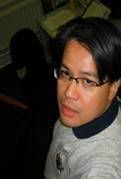












































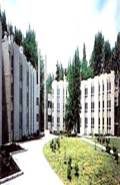







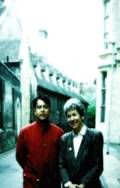




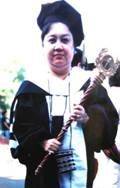





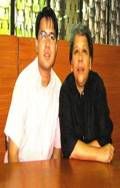
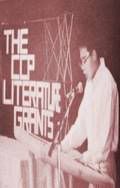


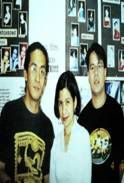

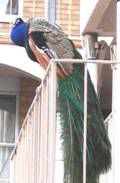












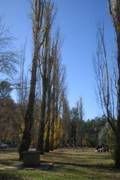


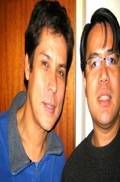

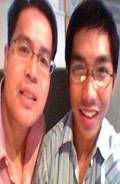
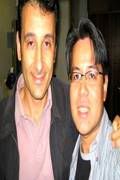

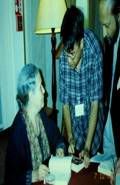
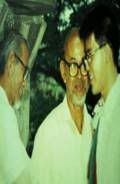
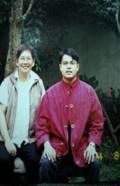

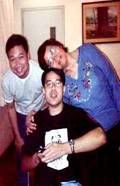
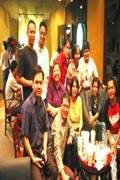

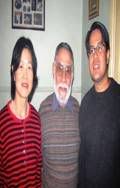
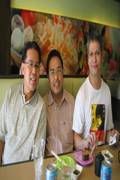
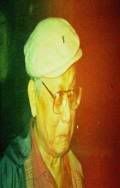
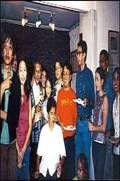
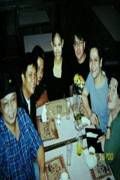
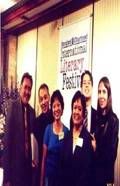
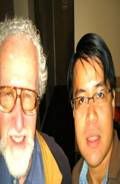



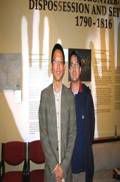
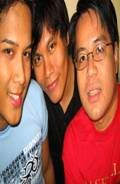

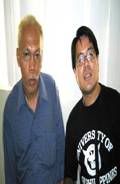
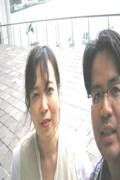
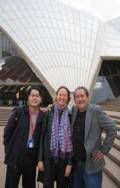
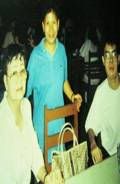

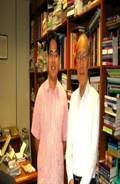
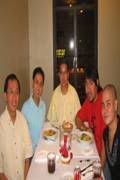
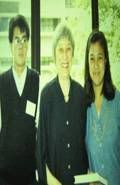

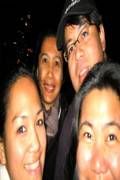


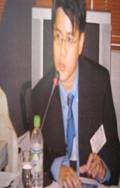
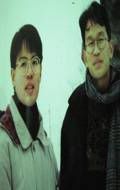

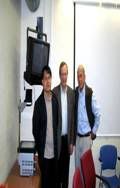
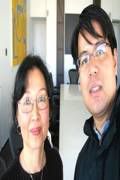


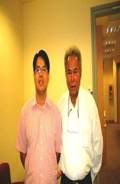

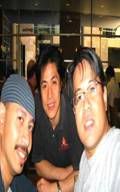
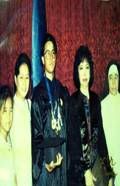

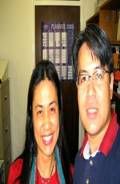
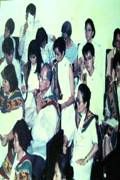

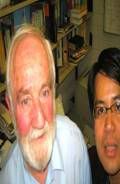
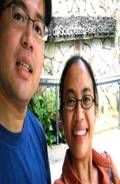
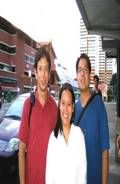
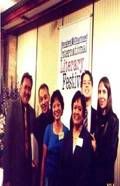

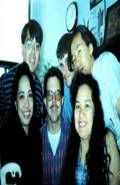


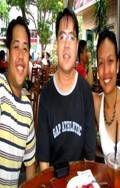
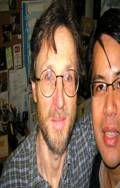







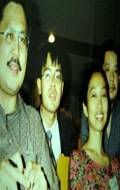
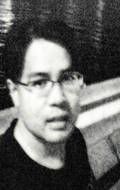

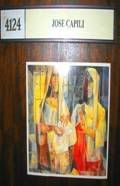

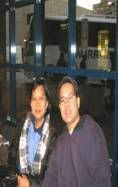
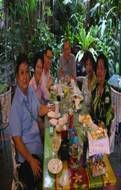
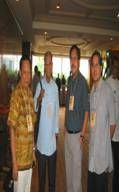
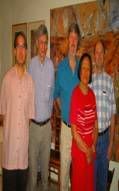
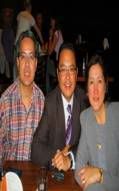
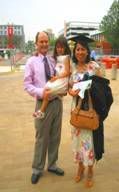

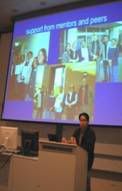
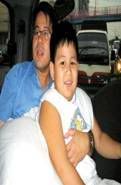
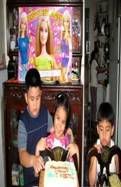
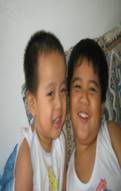




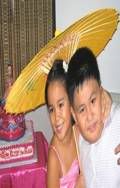
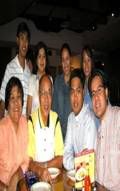








2 Comments:
Kasi naman, there is so much corruption going on in those English Language Proficiency Centres in Asia. Two years ago, it was revealed that fake IELTS certificates were being sold to gain entry into UK universities. Because of the 'honesty system', universities do not routinely check the authenticity of these certificates. Now that it has been abused, more checks will be imposed. Hence, more costs, and more fees will be charged. Sa simula palang kasi, nag-cheat na ang karamihan with their 'Recto' transcripts, so it should not be surprising that they have no qualms about passing copy paste work as their own.
I am quite familiar with some of these 'plagiarism detection 'software. The algorithm basically tests how consistent you are. People write with a certain 'literary dna' which is unique to each writer, so kung every paragraph, paiba-iba yung compositional flow mo, your essay will be flagged as suspicious.
Sad, kasi maraming non-native English speakers who really try to work hard. They submit theses which have bad grammar but the brilliance is there....
nash, maraming stories dito. minsan, naiinis ako talaga kasi marami namang pinoy na mas deserving makakuha ng scholarship pero binibigay nila sa mga malalakas sa opisyal ng mga countries where they offer scholarships. yung mga napiling scholars di naman nagaaral. bagkus nagwowork lagi kahit during school hours para makalikom ng mas maraming salapi and they do miserably in their academics. can you imagine, the australian embassy even had the nerve to ask me in 2004 to take an IELTS test at the very last minute para ma-approve ang visa ko. i was horrified kasi yung ilan sa mga nagchecheck ng IELTS exams mga students ko noon sa UP. tapus nagtuturo ako sa UP english dept for so many years now. tapus may intl publications na ako. but the bureaucrats were headstrong. the ambassador then was overseas so no one could intervene. ironically, ANU or cambridge did not require me to take any IELTS exam tapus yung embassy sa manila grabe. so UP lodged a formal complaint and the embassy apologized to me. but only after i had already completed my IELTS (buti na lang my scores were not disgraceful). ive seen foreign students finish their degrees because someone else had written things for them. i-check mo yung previous entry ko sa blog entitled outrage (july 2006). may isang tao dito na masyadong naging dependent sa editing skills ko i ended up writing halos lahat ng dissertation chapters niya para ma-lift ang probation niya. tapus after i said no (kasi nagsusulat na ako ng dissertation ko at parang 2 thesis na ang sinusulat ko), lahat ng kababayan niya sa university hindi na rin ako kinakausap. sila pa ang galit after everything i did for them. user-friendly talaga ang lahi nila. (clue: malapit ang bansa nila sa bansa natin at nagkaroon ng coup ang bayan nila recently). ok lang. marami naman akong family and friends. hindi ko sila kailangan. ang point ko lang, gusto ko mag-work hard din sila. e puro party ng party tapus pagmay deadline cram sila to death tapus ipapachek sa akin a day before the deadline. harassed naman ako masyado. kailangan ko na mag cut ng ties kasi wala naman silang ginagawang mabuti sa akin.
Post a Comment
<< Home